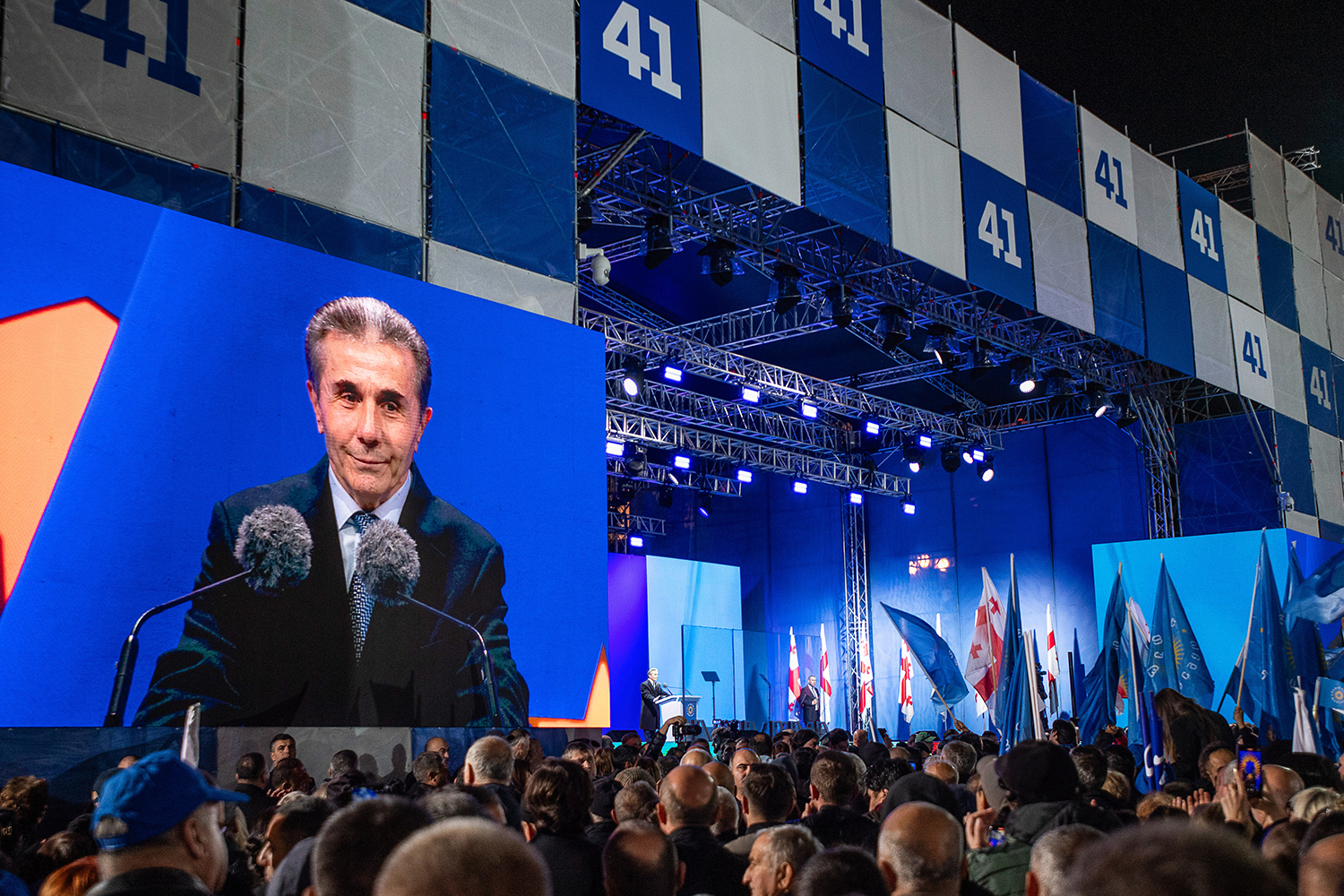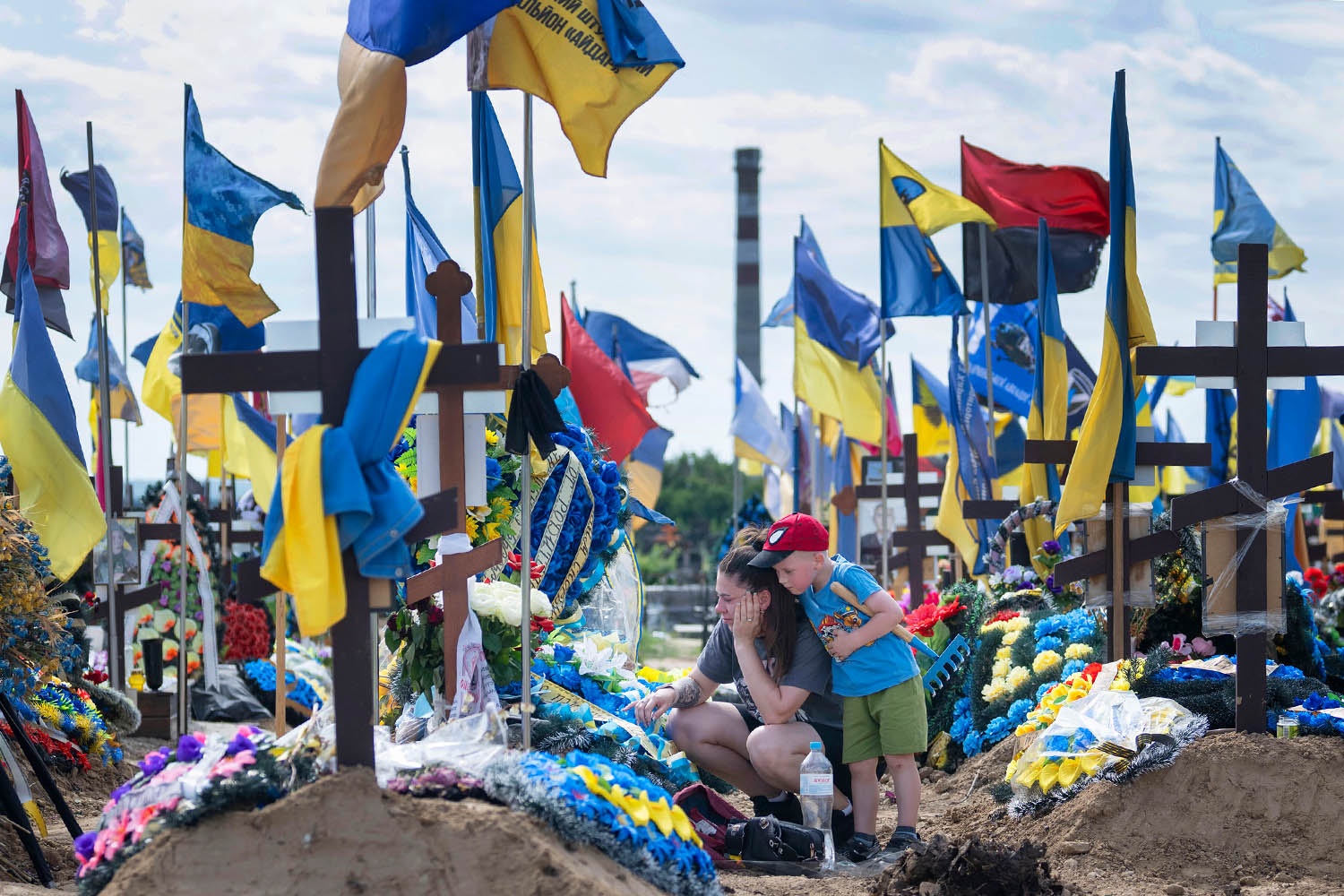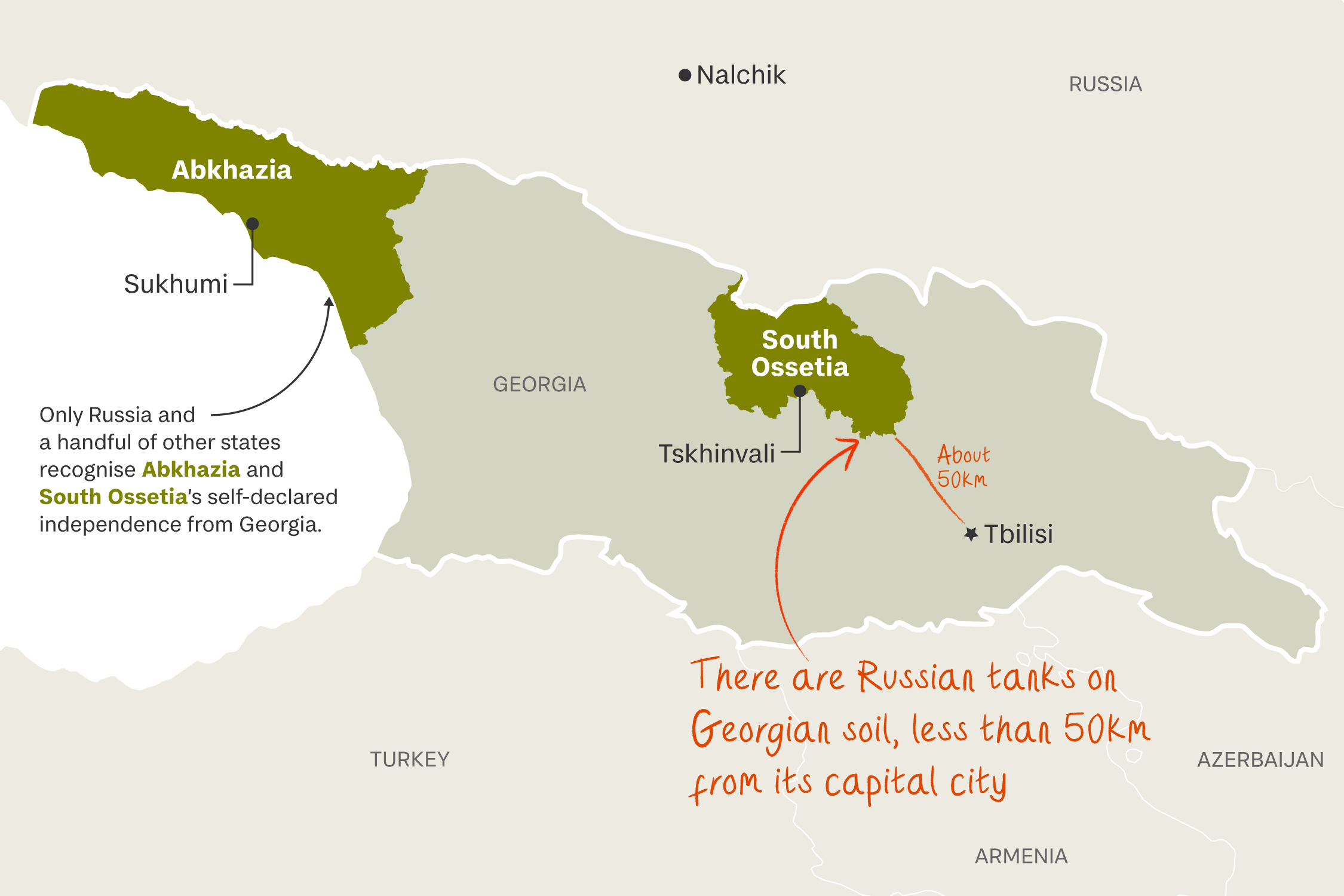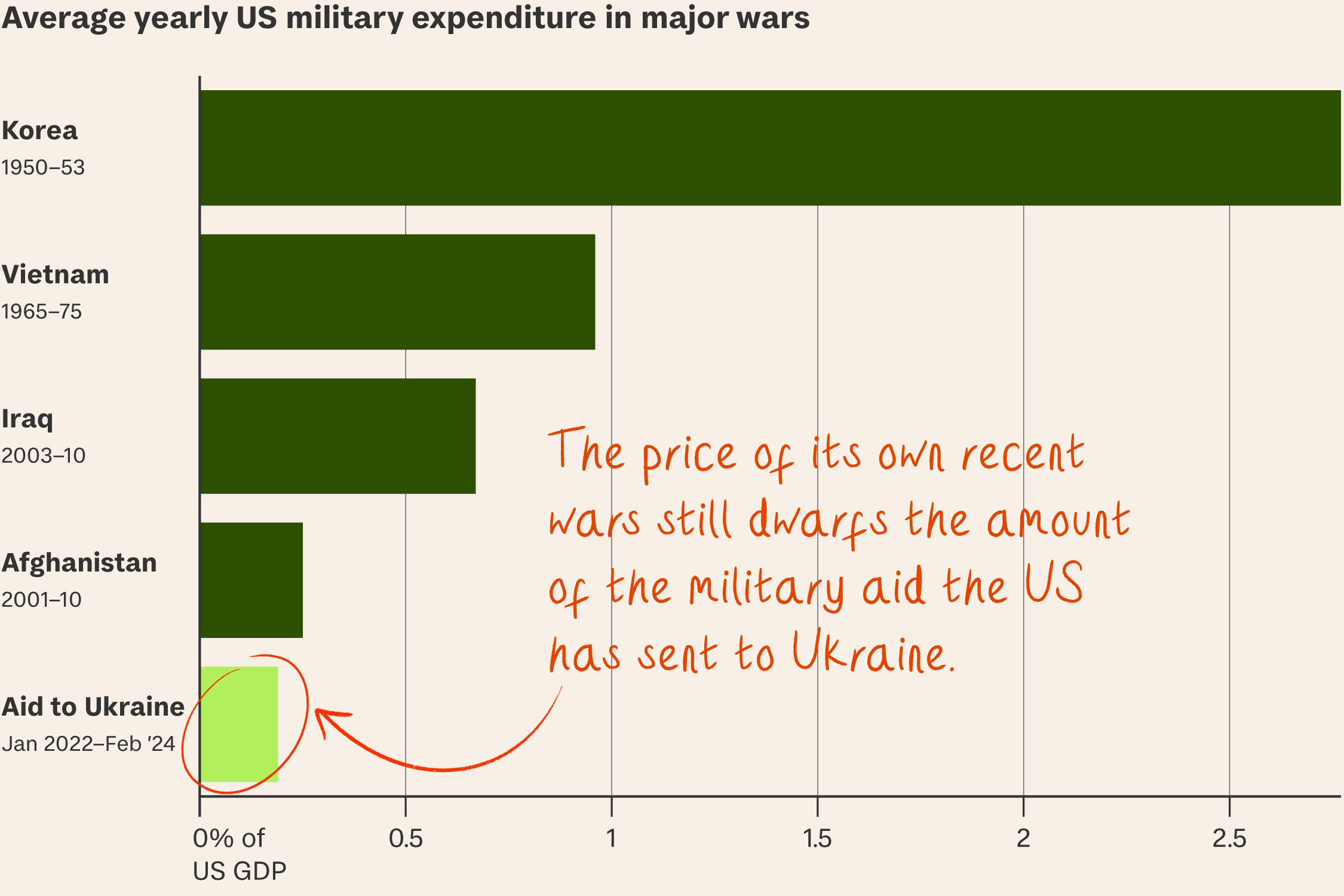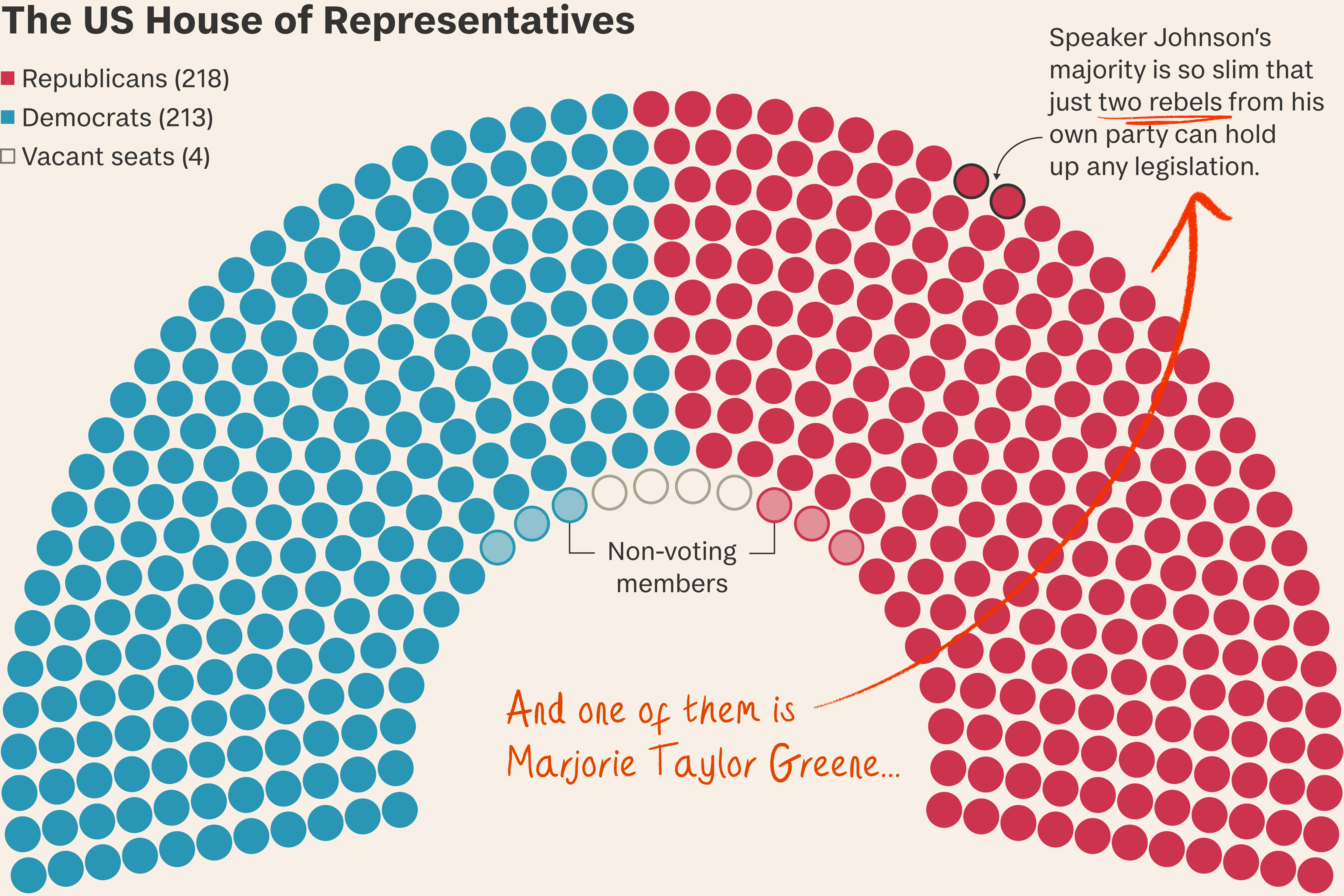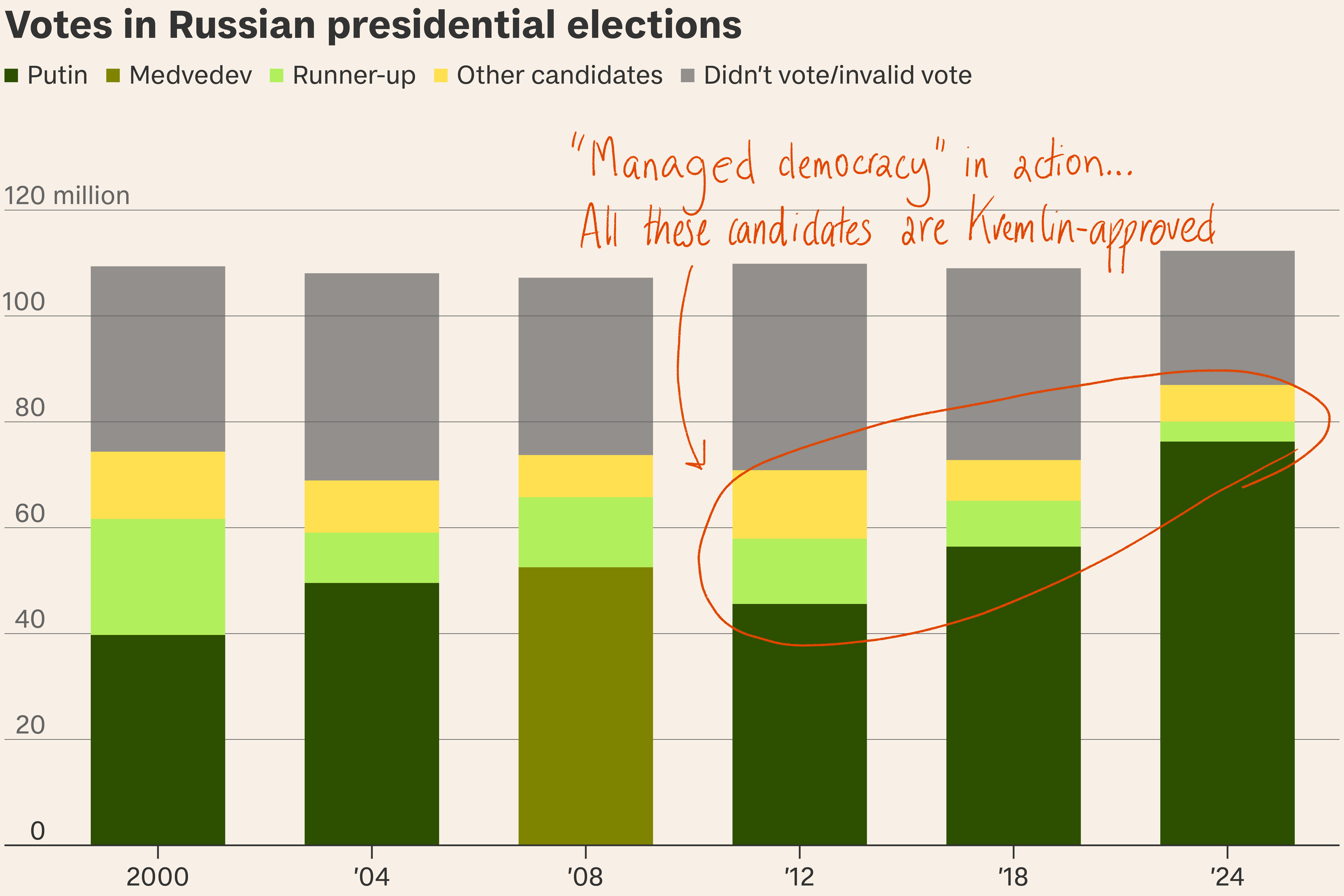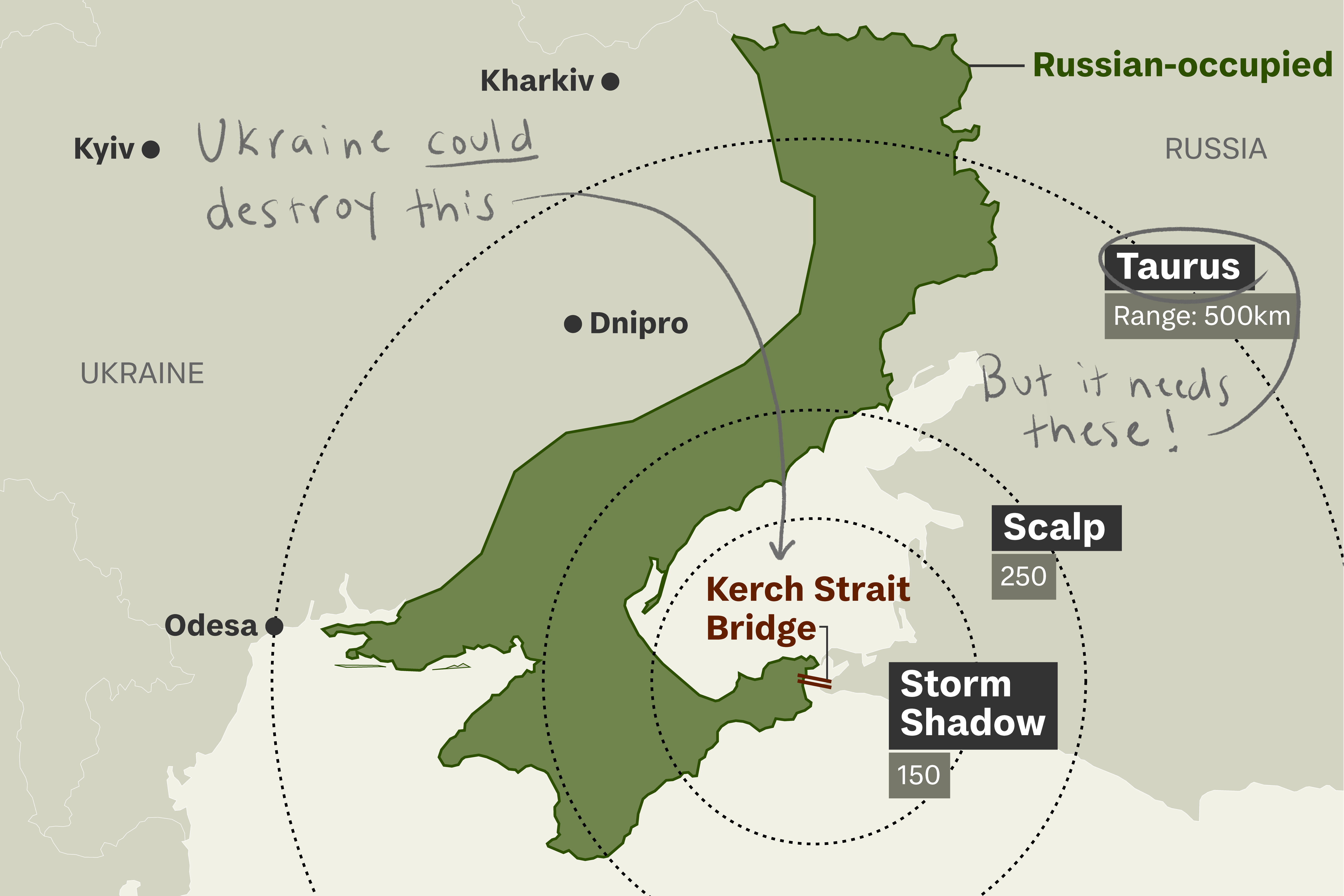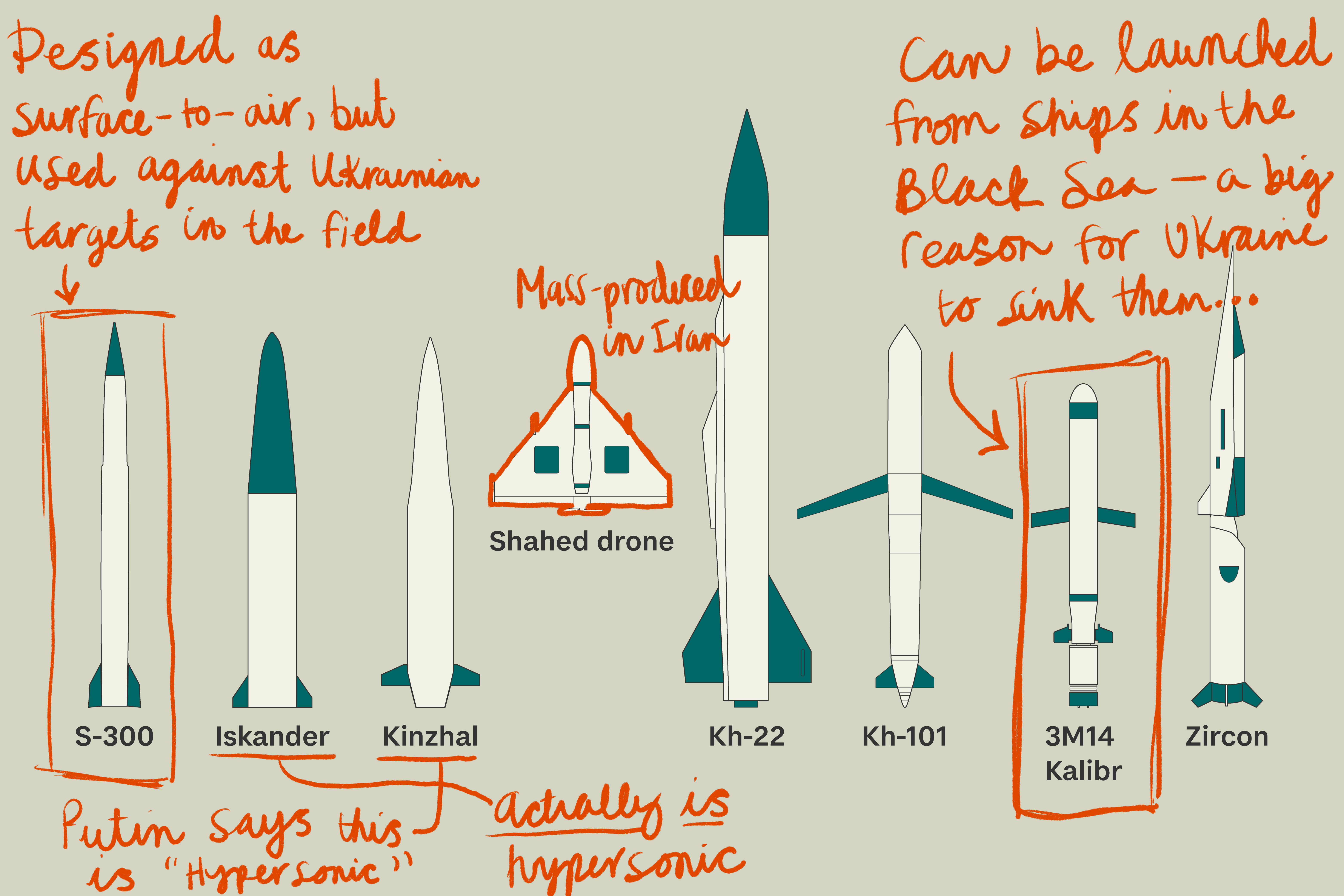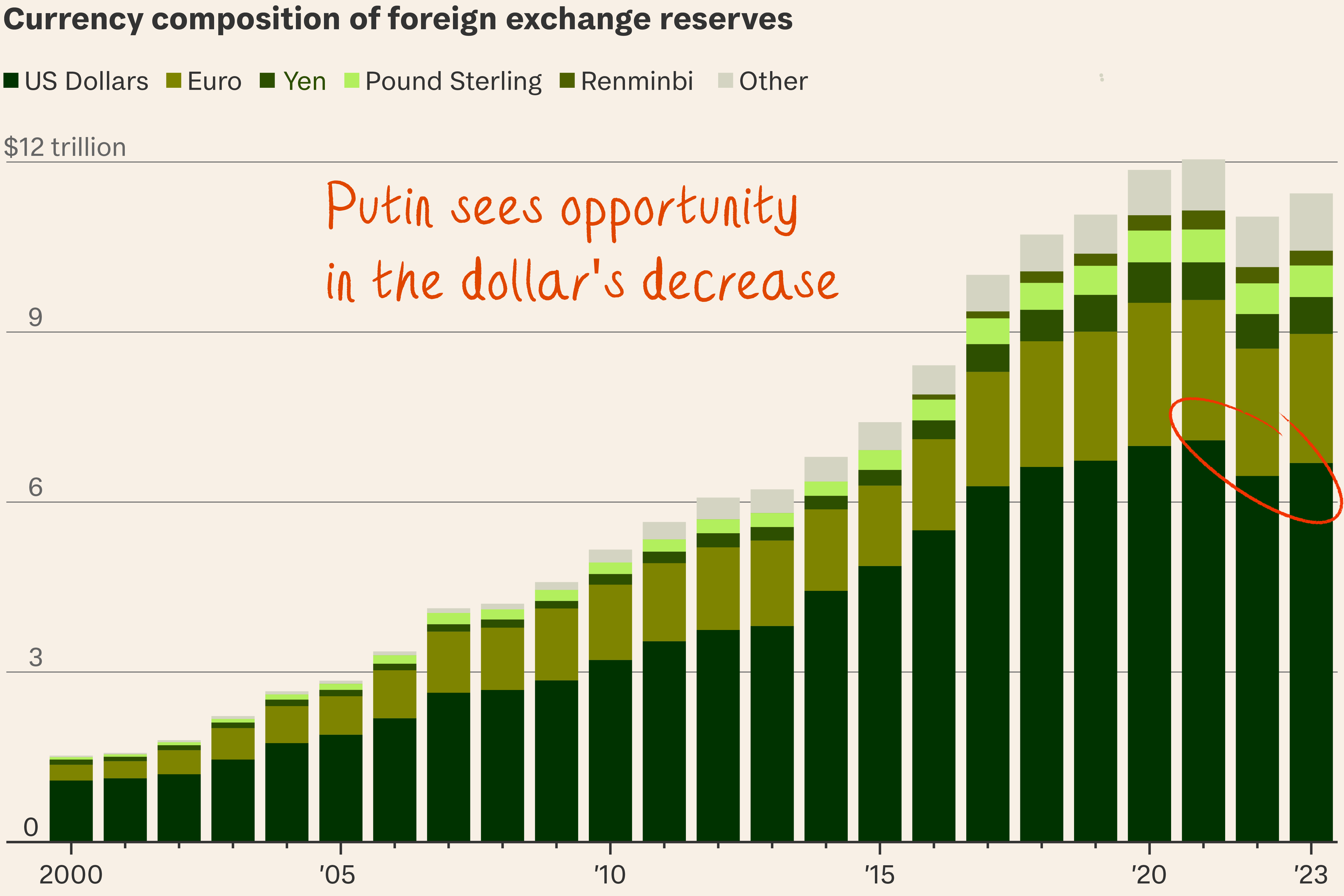
Russian leader pushes alternative to the dollar-based global order
Vladimir Putin couldn’t attend last year’s Brics summit in Johannesburg in person; his hosts would have had to arrest him under an international warrant for alleged war crimes. This year, he’s hosting the event in the Russian city of Kazan.
So what? It’s a chance for Putin to show he still has friends, and an opportunity to flog his fantasy of building an alternative to the dollar-based global order.
When Russia took over leadership of Brics at the beginning of this year four new countries joined – Egypt, Ethiopia, Iran, and the UAE – meaning its members now account for
- over 37 per cent of global GDP compared to 29 per cent for the G7;
- roughly 40 per cent of the world’s population; and
- 30 per cent of its land surface.
With over 32 delegations scheduled to attend – including Algeria, Azerbaijan, Belarus, Indonesia, Palestine and Mexico – the meeting on the banks of the Volga is an attempt to showcase Putin, ironically, as an “anti-imperialist” in solidarity with the Global South. He is due to hold 17 bilateral meetings as well as the group gatherings.
Electric scooters and alcohol sales have been banned in the city for the duration, while potential agenda items include:
- developing a rival international payment system called “Brics Bridge”, which would allow countries to make cross-border payments on digital platforms run by central banks (and help Russia skirt round global payments issues because of sanctions);
- bolstering the New Development Bank – the Brics’ alternative to the IMF; and
- launching a new “friends of” tier for countries that aren’t fully-fledged members.
Jim O’Neill, who first coined the term ‘Bric’ in a bank report in 2001, says the proposals distort the original idea. Initially, the pitch was to “reform global governance to give them [Brazil, Russia, India and China] a bigger space”, rather than to create alternatives to the G20, the IMF and the World Bank. But the project has evolved due to:
Dollar dissatisfaction. Several Brics leaders, most notably Brazil’s Lula da Silva, are opposed to the dollar’s dominance in the world economy. For Russia and Iran, an explosion of US sanctions (up 900 per cent in two decades) has further boosted the appeal of alternative currencies that don’t require US banks to monitor transactions.
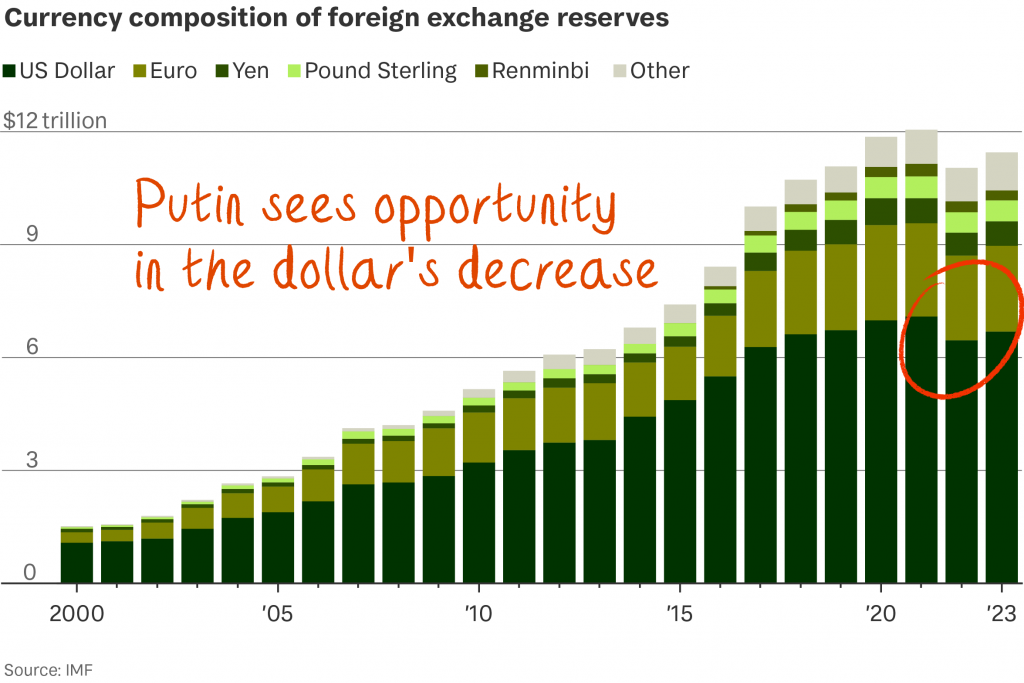
- Banking blunders. Whether by chance or design, Kazan is happening in the same week the IMF and World Bank hold meetings. Both institutions, founded in 1944 under the Bretton Woods agreement, have been stubbornly resistant to reform that would give the Brics more voting power. The problem, argues O’Neill, is that since 2015-16 the two key players – the US and China – have “turned inward”.
- War weariness. Three of the most recent Brics members are Middle Eastern states that view the West’s support for Israel with revulsion. “Iran is sure to help push the rhetoric to become more radical within Brics, certainly on issues like Gaza,” says Steven Gruzd, analyst at the South African Institute of International Affairs.
All that said, those predicting the demise of the dollar and the Washington-focused financial system shouldn’t hold their breath. In a recent survey of 73 central banks more than half concluded the dollar’s share of reserves will remain above 50 per cent over the next decade. Meanwhile, appetite for Chinese renminbi – regarded as the most viable alternative – “has soured”.
Brics or bricolage? As Brics expands, it grapples with competing interests of its members.
- Border disputes between India and China have been a brake on progress – although they reached a deal on army patrols on Monday.
- Saudi Arabia’s position towards potentially joining has been one of calculated ambivalence (Mohammed bin Salman was invited but will not attend Kazan).
- Two of the group’s most recent members – Egypt and Ethiopia – are currently embroiled in a major dispute over a dam on the Nile.
Serbia’s president said on Monday he won’t attend the summit, as the Balkan country tries to balance its relationship with Russia and its bid to join the EU.
What’s more… After 15 years of meetings, Brics has achieved remarkably little. O’Neill notes it has never fully articulated the case for reducing trade barriers as a bloc, or sought to grapple with common problems like drug-resistant tuberculosis. Until Brics proves it can tackle real issues, the dream of de-dollarisation will remain just that.

